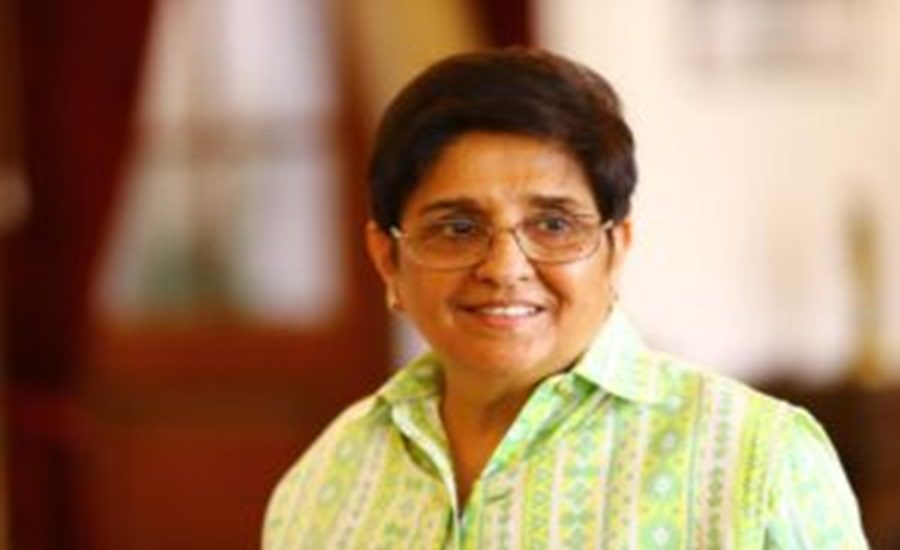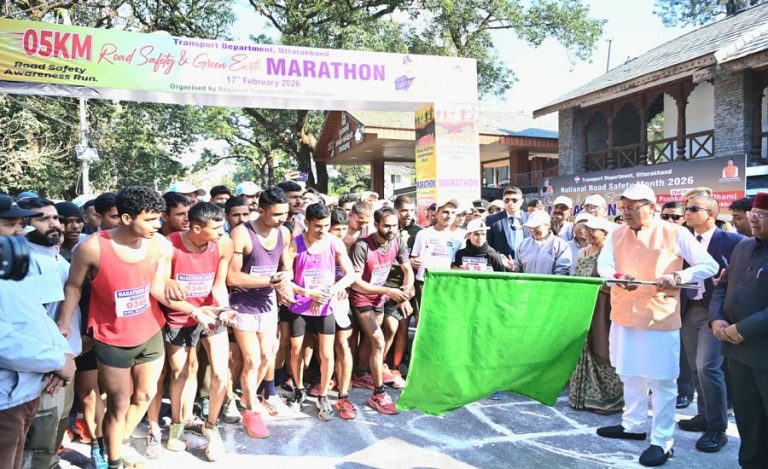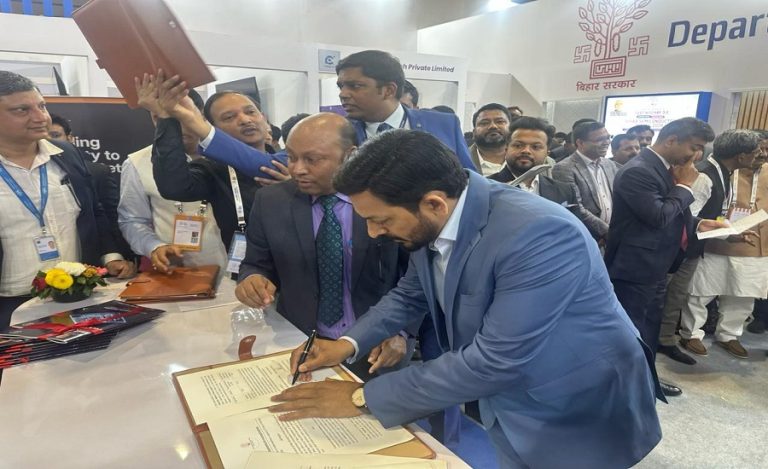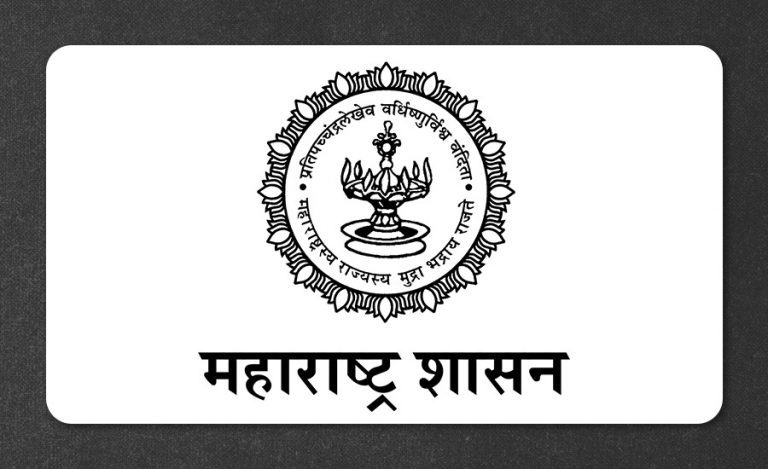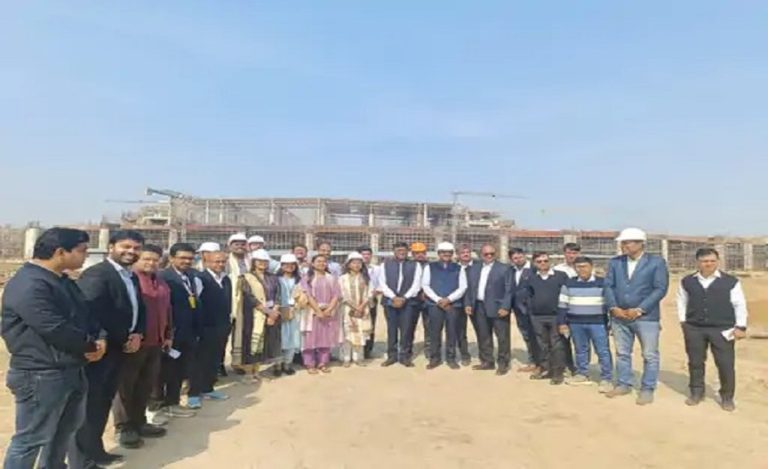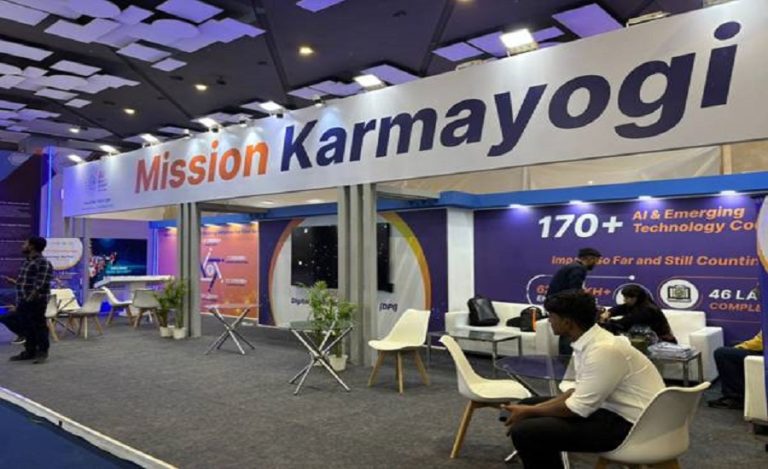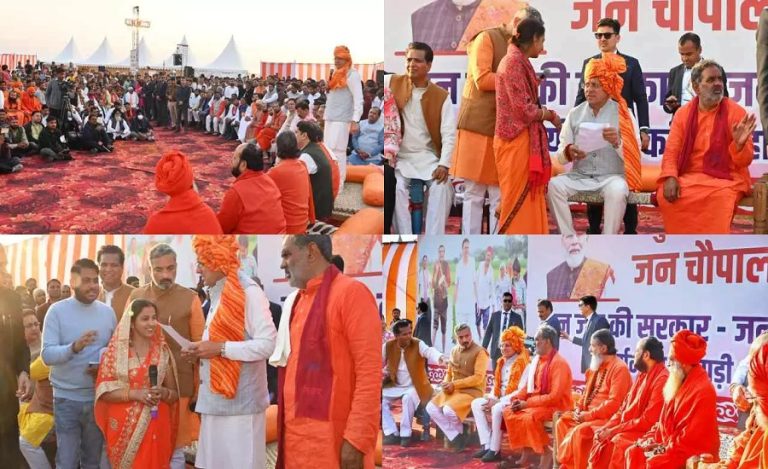New Delhi: Former IPS officer and ex-Lieutenant Governor of Puducherry, Dr. Kiren Bedi, on Tuesday voiced strong support for the nationwide mock drills being conducted by the Ministry of Home Affairs (MHA), calling them an act of collective responsibility and a move toward enhanced public preparedness.
In a statement, 1972 batch IPS officer Dr Bedi emphasised that the mock drills, being held across various cities, are not a cause for concern but rather a source of reassurance. “It’s a cause not to worry, but it causes self-assurance and greater assurance,” she said. “We, the people of India – the youth, the energetic, the healthy – men and women, are coming together for each other. They are taking responsibility for themselves and others in different situations.”
Highlighting the philosophy of “preparation is prevention,” Bedi noted the importance of collaboration across multiple agencies and civil society. “Preparation means you prevent so many disasters. It works in collaboration with local police, disaster management authorities, NCC, NSS, civil defence, home guards, and other institutions,” she said.
The MHA has asked all states and Union Territories to conduct Civil Defence Exercises on May 7, 2025, across 244 designated Civil Defence Districts. These drills aim to assess and enhance the readiness of civil defence mechanisms from the district to the village level.
According to a letter sent by the MHA to Chief Secretaries on May 2, the exercises focus on testing air raid warning systems, operationalising hotlines and radio communications with the Indian Air Force, training civilians and students in emergency response, implementing crash blackout measures, and verifying the readiness of control rooms, shadow rooms, and evacuation plans.
The urgency around preparedness has heightened following the tragic terror attack in Pahalgam on April 22, which claimed the lives of 26 people. The government has vowed that the perpetrators will face the full force of justice.
Dr. Bedi’s remarks echo the broader sentiment of national resilience, with an emphasis on civil participation in safeguarding communities. “The nation is preparing together. That is the assurance we need in times like these,” she concluded.

